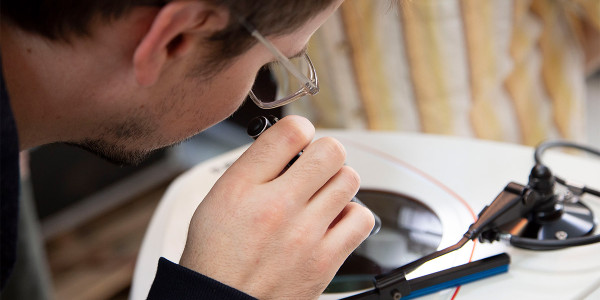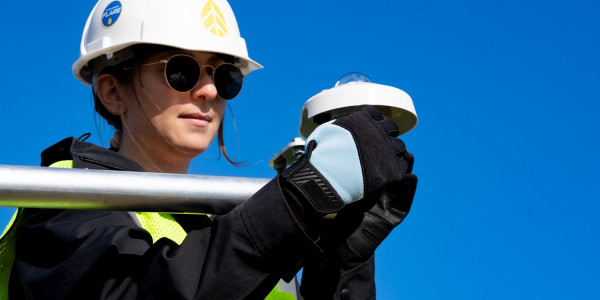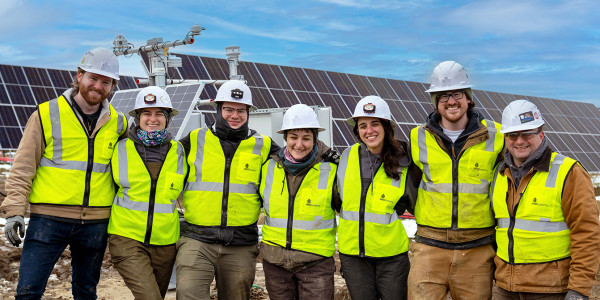August 5, 2011 | Climate Change, Energy Policy, Sustainability + Energy,
I’ve been wondering lately what it’s going to take to get this country of ours to wake up to what we’re doing to the air we breathe and the water we drink. Sometimes I wish I were a psychologist…well not really, but I do wish I had an answer for why it seems to take a tragedy or near-death experience for people to wake up and make a change for the better.
Brace For Impact
Yesterday I watched a short video clip on TED.com, 3 Things I learned while my plane crashed. Ric Elias had a front-row seat on Flight 1549, the plane that crash-landed in the Hudson River in New York in January 2009. He recalls what went through his mind during the last moments as the plane went down and he braced for impact.
He recounts how the terrifying, near-death experience changed his life. How in what he thought were his last seconds he had a clear realization that life as we know it can change in an instant. He immediately regretted doing certain things such as not connecting more with friends and letting his ego get in the way of important things or wasting time on irrelevant ones. His thoughts of imminent death were not mixed with the fear of death, but instead with a love of his life and a deep sadness born from the realization he might not get to see his children grow up.
Ric Elias’ brush with death came with an unexpected gift that changed his life — he saw into the future. His experience and profound insights were an epiphany about what changes he needed to make to live a happy and fulfilling life – to do the simple yet important things that matter — and he was given the chance to live to make those changes before it was too late.
Our Plane Crash
It feels to me as if planet earth is spiraling toward a crash. We have seen enough extreme weather events and tragedy recently to get a pretty good picture of what the future holds for us as a human race. Yet in Washington there are calls to cripple entire federal agencies and the health, safety and environmental regulations they administer on our behalf. The poor get poorer and the rich get richer and to talk about closing this growing gap is verboten. Nuclear power plants have long-term government-backed loans, there’s a positive ROI on blowing mountaintops off in pursuit of coal, and yet an entire industry based on harnessing the wind is held hostage to policies and credits that expire on an annual basis.
What magnitude of crisis is it going to take to have us make some of the changes we need today to ensure our children’s children and we have happy and long lives? Let’s put aside our partisan egos, stop wasting time and get down to making policies and decisions that make a difference…particularly about energy…as my colleague, John Norton, implores…come on America.





